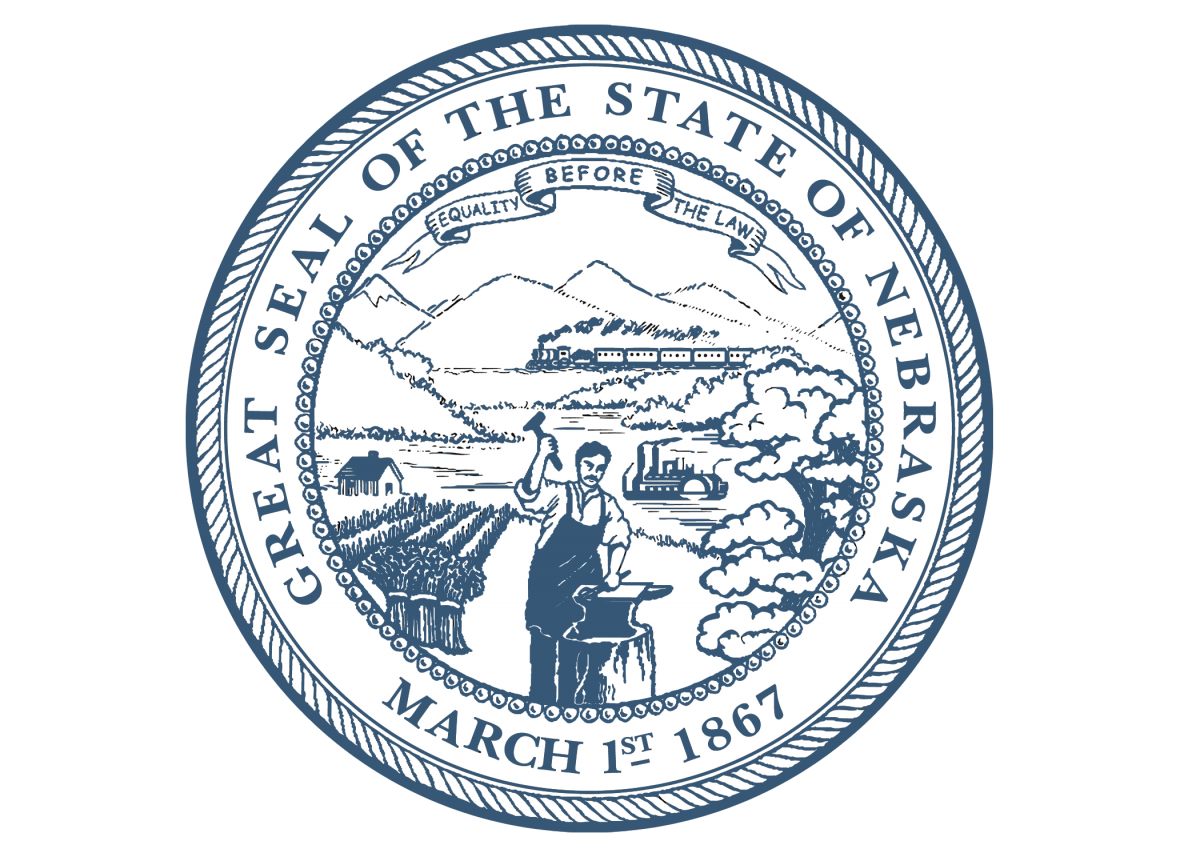a
AG Peterson Announces Data Breach Settlement with Sabre Hospitality Solutions
Attorney General Peterson, along with the attorneys general of 26 states, has entered into a settlement with Sabre Corporation that resolves an investigation into the 2017 data breach of Sabre Hospitality Solutions’ hotel booking system.
AG Peterson Joins Multistate Lawsuit Seeking to End Google’s Illegal Monopoly in Search
Attorney General Peterson today joined a bipartisan coalition of 38 attorneys general in suing Google LLC for anticompetitive conduct in violation of Section 2 of the Sherman Act.
AG Peterson Joins Multistate Lawsuit Seeking to End Facebook’s Illegal Monopoly
Lincoln -- Attorney General Doug Peterson today joined a bipartisan coalition of 48 attorneys general in filing a lawsuit against Facebook Inc., alleging that the company has and continues to illegally stifle competition to protect its monopoly power
AG Peterson Announces $86.3 Million Settlement with Nationstar
Attorney General Peterson has joined with 50 attorneys general and other federal and state agencies to reach an $86.3 million settlement with the country’s fourth-largest mortgage servicer, Nationstar Mortgage.
AG Peterson Announces Data Breach Settlement With The Home Depot
Attorney General Doug Peterson today announced that his office, along with the Attorneys General of 45 other States and the District of Columbia, have obtained a $17.5 million-dollar settlement with The Home Depot, resolving a multistate investigation into a 2014 data breach impacting approximately 40 million Home Depot consumers nationwide.
AG Peterson Announces Settlement with Apple over iPhone Throttling
Attorney General Doug Peterson, along with a coalition of 33 additional attorneys general, today announced a $113 million settlement with Apple, Inc. (Apple) regarding Apple’s 2016 decision to throttle consumers’ iPhone speeds in order to address unexpected shutdowns in some iPhones.
Attorneys General Statement in Response to U.S. DOJ Filing
Attorneys General from the states of Iowa, Colorado, Tennessee, New York, North Carolina, Utah and Nebraska released the following statement regarding today’s antitrust filing by U.S. Department of Justice and the multistate investigation into Google.

